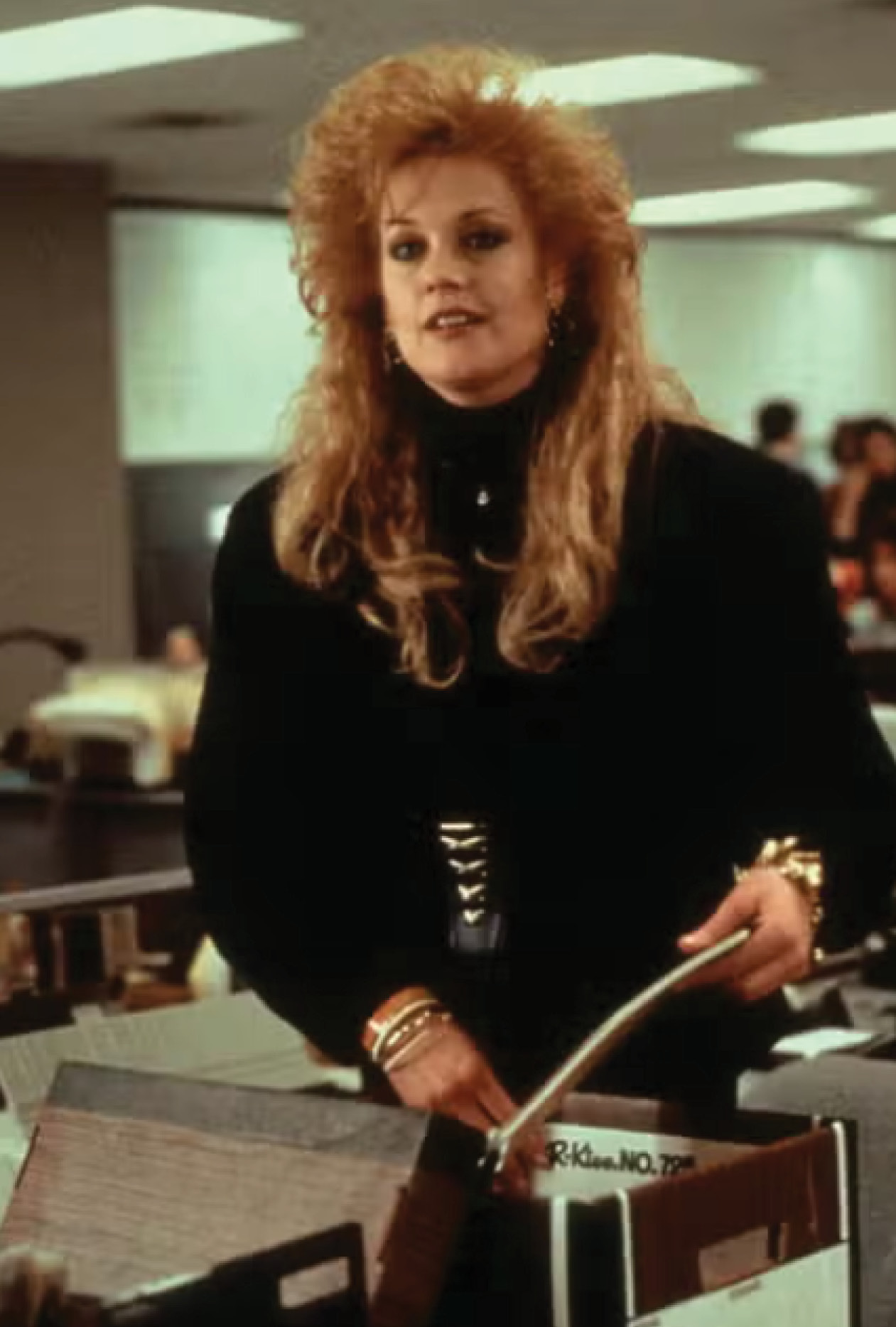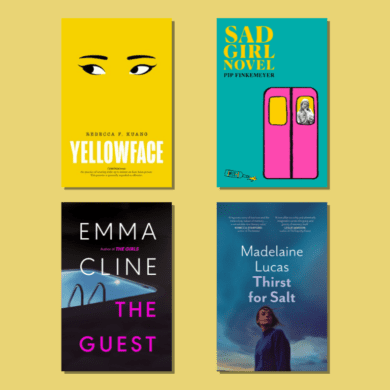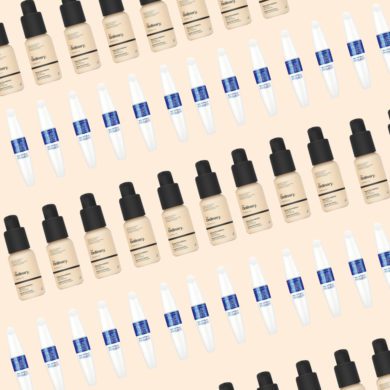“Work defined me”
PRIMER co-founder Anna Saunders – technically a Millennial, but only just – on her generation’s attitude to work.
I’ve always loved my job – and I’ve always worked hard. Too hard perhaps.
In my twenties and thirties, I approached my job as a newspaper journalist and magazine writer with a workaholic zeal. Even when I fell pregnant and felt so unwell that I was prescribed medication for nausea, I still lugged my puffy, sluggish self into the office every day. Even when I started carrying a plastic bag with me in case I dry-retched or vomited (which was frequently) I don’t recall taking a sick day.
The low point in my pregnancy came when I felt so unwell that I snuck off to the bathroom at work, locked the cubicle door, and slumped against the wall, resting my head on the pillowy softness of the toilet paper roll for half an hour. I still remember the utter relief it brought.
Looking back this seems absurd. Why didn’t I take a day off work? Why didn’t I at least work from home?
The answer is most likely a mix of my personality (Type A, in case that’s not incredibly obvious) and my generation’s approach to work. In our day (a phrase I am apparently old enough to now use without irony) it was common to arrive at work before your boss, and only leave once they went home; to answer emails when they pinged into your inbox, no matter what time of the day or night; and to resort to subterfuge – like slinging your jacket over the back of your chair – if you had to leave the office early or duck out for an appointment.
In short, it’s an approach that, in today’s flexible and post-Covid world, seems very old-fashioned.
Now that I employ people myself, I’ve noticed that Zoomers (those born in the ‘90s) begin their careers with a sense of pragmatism about work and its place in their lives that is refreshing (or frustrating, depending on your perspective).
Their jobs don’t seem to define them in the way that ours did, and in their early 20s, they can set clearer boundaries between their work and personal lives, than I ever did.
Forget working long hours, responding to emails 24/7 or coming into the office when they are feeling physically – or even emotionally – unwell. This generation has watched us #girlboss and #hustlehard and they want none of it.
This generation has watched us #girlboss and #hustlehard and they want none of it.
When we started PRIMER, I earnestly envisioned a business that offered flexibility and a flat, hierarchal structure. I thought I was doing a pretty good job as a boss.
Then, one evening, I emailed an editor to note that while a couple of the pieces she’d filed were great, one or two needed work and we could chat about it when she was next in the office.
She – quite rightly – pulled me up for emailing her on her day off. Not only that, but she didn’t appreciate having to deal with negative feedback outside of work hours. In other words, she wanted freedom from work and freedom from even thinking about work if she wasn’t on the clock.
Initially taken aback, I realised she was right – and I was struck by her willingness to defend her personal boundaries the moment they were threatened (rather than waiting until she was at breaking point, as I would have done).
It shouldn’t be a surprise that Gen Z is better at safeguarding their mental health than the rest of us. I grew up in the ‘80s, when girls were told they could do anything, and women were told they could have it all (ha!). Anxiety and depression were rarely talked about. I started my first job around the same time that I bought my first mobile phone, not realising that my pay-as-you-go Motorola would be the first in a succession of technological advancements that would enable my job to intrude ever further into my personal life. Like the hypothetical frog in boiling water, my peers and I didn’t understand the consequences of an always-on, always reachable, culture until burnout became epidemic.
We didn’t understand the consequences of an always-on, always reachable, culture until burnout became epidemic.
No wonder that Gen Z puts boundaries around their personal lives; technology and greater understanding of mental health has made this essential.
Some of my peers rail against Gen Z’s perceived apathy. They sneer at the idea of menstruation leave or mental health days. I’m not so sure. Me? I’m hopeful about what a world looks like according to the values of Gen Z.
“Work isn’t at the centre of our lives”
Portia Brajkovic is PRIMER’s editorial assistant. She watched older generations dedicate themselves wholly to their jobs, and plans to do things differently.
In early 2021, I found myself five months into a job that I absolutely hated. Three mornings a week, I slunk into the Sydney CBD with a level of dread typically reserved for a trip to the dentist.
I was excited when I was initially hired. It was a legal research job, and I had been promised court visits and close collaboration with my boss. Instead, my days were filled with copying and pasting. We were a team of three, and I worked silently in the windowless hallway outside my boss’s office, feeling isolated in a building where young people—and human interaction—were few and far between.
One lunchtime I found myself crying, lingering outside the elevators, reluctant to go back in. I had to make a decision. So, I waited another few weeks, just to hit that shiny six-month mark, and then I left.
One lunchtime I found myself crying, lingering outside the elevators, reluctant to go back in.
At the time, the older people in my life encouraged me to stick it out. I was told that these were the inevitable growing pains of entering the workforce, and I was simply expecting too much. Typical Gen Z, I could see them thinking.
But I would argue that the generations before Gen Z expected too little. Millennials and Gen X dedicate themselves so wholly to their jobs, and failed to question whether the return was worth the sacrifice.
My mum is dedicated to her job – she works until 8pm far too often, and takes business calls all weekend. I, too, want to be successful. I, too, want to find meaningful and autonomous work. I’m just not prepared for it to come at the expense of my personal life.
And I’m not convinced that better jobs and higher status comes to those who work hardest. Connections and networking clearly matter. To my generation, it’s clear that nepotism is not just a Hollywood issue.
I’m not convinced that better jobs and higher status comes to those who work hardest
Flexibility, work-life balance, social alignment. These might appear to be vague and lofty goals for some, but for Gen Zs they are non-negotiables – the difference between embracing and loving a job, and taking our leave.
My generation entered the workforce around the time of the pandemic, which ushered in a newfound focus on remote working, mental health, and general wellbeing.
Why should we commute for hours a day if we can do exactly the same work from the comfort of our homes, and then spend the extra time with our families, or just ourselves? We’ve seen this adopted more broadly in The Great Resignation – people want more from their life than labour – yet Gen Zs get a bad rap for thinking like this in the first place.
For me and my peers, work isn’t at the centre of our world. Rather than seeing a job as our identity, we view it as one part of a multifaceted and varied life. For us, career sits alongside hobbies, friendships and family as just one of the many things that make up a beautiful and productive life.
Want more stories like this? Sign up to PRIMER’s free weekly newsletter












No Comments